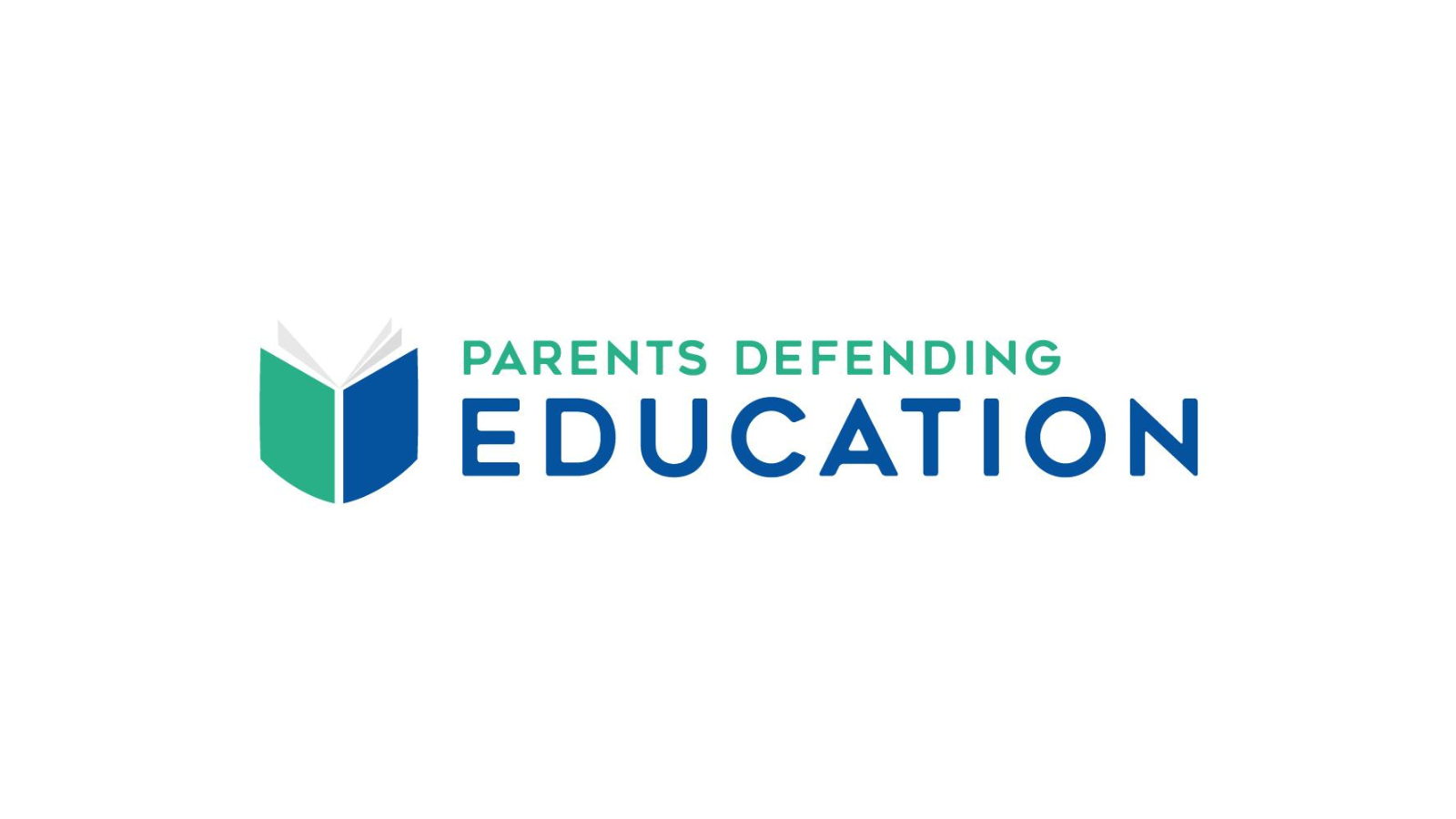Cincinnati, OH — The Institute for Free Speech has filed an amicus brief in Parents Defending Education v. Olentangy Local School District Board of Education, urging the U.S. Court of Appeals for the Sixth Circuit to rehear the case en banc.
In the case, a split Sixth Circuit panel upheld a rule allowing schools to ban the use of “non-preferred pronouns.” Specifically, the rule prohibits students from using pronouns that refer to a person’s biological sex rather than their gender identity. The Institute argues that this rule is clearly unconstitutional viewpoint discrimination and threatens First Amendment rights far beyond the classroom.
The Institute contends that the panel’s decision conflicts with both Supreme Court and Sixth Circuit precedent. The brief explains that “banning students from using pronouns only when referring to biological sex—rather than gender identity—discriminates based on viewpoint.” It emphasizes that the decision contradicts the Sixth Circuit’s own ruling in Meriwether v. Hartop, which held that “refusing to use gender-identity-based pronouns” conveys a message “that one’s sex cannot be changed.”
The Institute highlights that the panel’s reasoning could have far-reaching consequences that will damage free speech rights. “The fallout from this decision will not stop at the schoolhouse doors,” the brief warns, underscoring the danger that the decision could allow governments to restrict speech in various contexts, from public advertisements to comments at local government meetings.
The Institute further emphasizes that “pronouns are the quintessential means by which people express their views about gender identity.” The brief identifies the panel’s decision as a “precedent-setting error” that must be fixed, as it allows the government to ban citizens from using certain words “only when doing so communicates a ‘divisive’ message.”
Because of this significant threat to free speech, the Institute urges the Sixth Circuit to rehear the case en banc, and for the court to recognize that banning “non-preferred pronouns” while allowing “preferred pronouns” is viewpoint discrimination. It argues that such restrictions suppress speech based solely on listeners’ reactions, which is an “‘odious’ form of viewpoint discrimination.”
To read the amicus brief in Parents Defending Education v. Olentangy Local School District Board of Education, click here.
About the Institute for Free Speech
The Institute for Free Speech promotes and defends the political speech rights to freely speak, assemble, publish, and petition the government guaranteed by the First Amendment.














